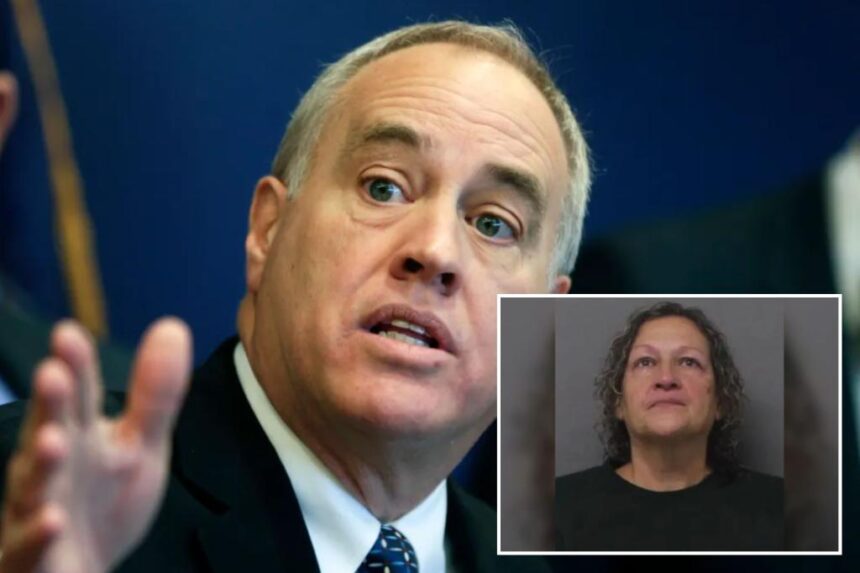Finally, a corrupt New York public official has been compelled to surrender her taxpayer-funded pension after being found guilty and sentenced to prison.
Ursula Stone, the village clerk of Steuben County, allegedly embezzled $1.2 million during her 19-year tenure. Prosecuted under the state’s anti-corruption legislation, she has agreed to relinquish her $1,920 monthly pension. This marks the first such forfeiture in New York’s history.
“This case should send a clear message that those who dishonor their public office will face serious consequences,” declared state Comptroller Tom DiNapoli.
Despite the overwhelming support from voters to revoke pensions from convicted public officials and state workers, such forfeitures were not feasible until the Legislature enacted ethics reform in 2011 and voters amended New York’s Constitution in 2018 to permit it.
Preet Bharara, during his tenure as US Attorney for the Southern District, was notable for pursuing the pension benefits of elected officials convicted on federal corruption charges, advocating for fines of $1 million or more. He rightfully called it a “galling injustice” for corrupt politicians to receive taxpayer-funded pensions until their “dying day.”
Credit goes to DiNapoli and his team for uncovering Stone’s long-standing embezzlement, and to Steuben County DA Brooks Baker for prosecuting the case.
However, the question remains: how many district attorneys will take the political risk of going after more influential politicians? Who will have the courage to conduct the investigations? While the law now permits this basic form of justice, there is a concern that New York’s political environment will still shield the most egregious offenders.





